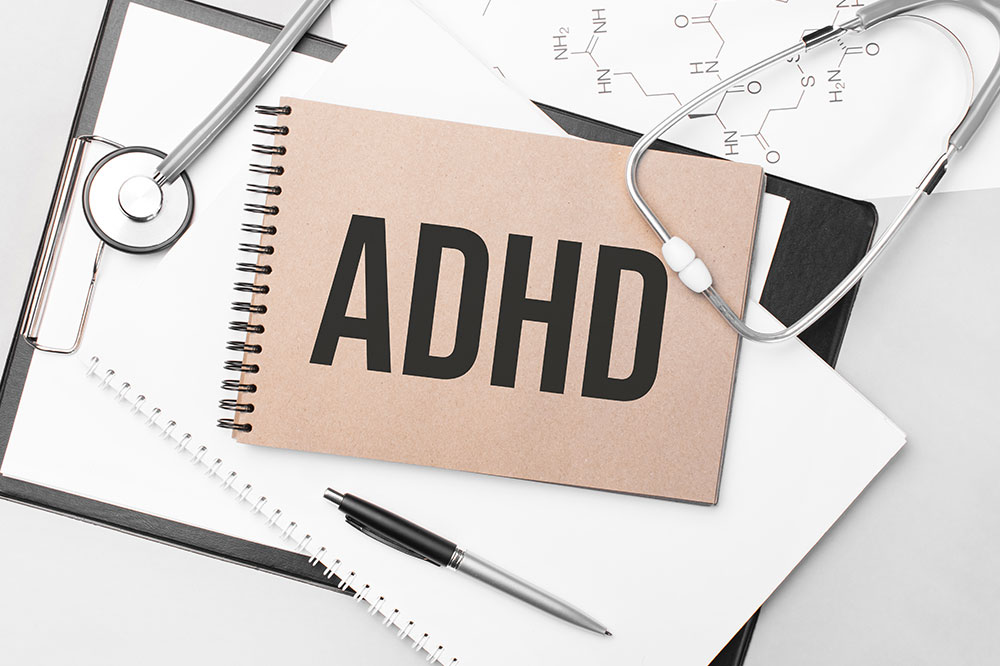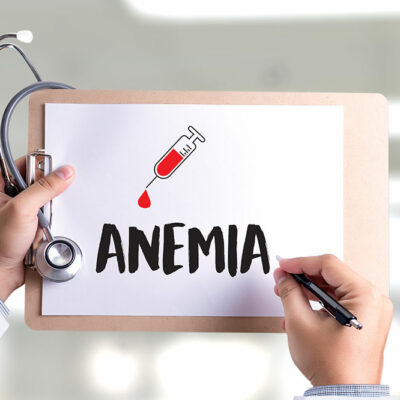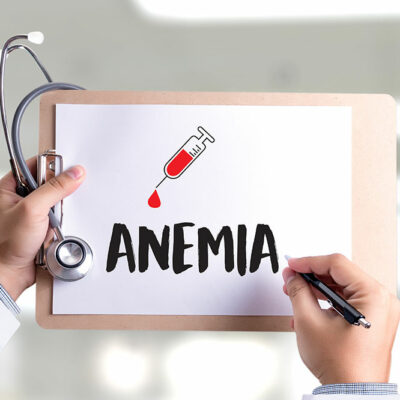
Stages, diagnosis, and prevention of ADHD
ADHD, short for attention-deficit/hyperactivity disorder, affects children worldwide, and this also often carries on into their adulthood. Some of the different problems faced by kids suffering from ADHD include sustaining attention for a long time, impulsive behavior, and hyperactivity. There might be other problems associated with ADHD, like low self-esteem, low grades in school, and difficulty in keeping up with relationships. More often than not, symptoms of ADHD are seen to have decreased with age. However, there are cases wherein ADHD symptoms never subside.
Levels of ADHD
There are three different levels or stages at which ADHD can affect individuals. They are:
Predominantly inattentive ADHD
This level of ADHD may be related to missing details very easily and getting distracted often. Also, one may get bored very quickly. One has difficulty in processing new information, and there is also the tendency to not listen properly. One might not be able to follow directions very clearly and also lose things like pencils or papers. It has been observed that girls are more likely to get inattentive ADHD than boys.
Predominantly hyperactive-impulsive ADHD
This is mostly associated with symptoms like restlessness and difficulty with sitting still. Kids suffering from hyperactive-impulsive ADHD have a tendency to talk consistently, and it’s less likely that they will engage in quiet activities. They may also utter inappropriate comments or speak out of turn. If students suffer from hyperactive-impulsive ADHD, it might lead to disruption in the class.
Combination ADHD
When the symptoms do not necessarily fall in any one of the aforementioned categories, it is referred to as combination ADHD. One can showcase inattentive as well as impulsive behavior. Combination ADHD interferes in a great way with the performance of a student in school as well as in social circles and within the family.
Diagnosis of ADHD
The diagnosis of ADHD has been categorically defined. There must be at least six symptoms of inattentiveness or those of hyperactivity for a child to be diagnosed with ADHD. One can also be diagnosed if one has six symptoms as a combination of both.
The other necessary points are the following:
- The child must be displaying the symptoms for as many as six months
- The child should start showing the symptoms by the age of 12 years
- The symptoms must be visible in two different settings – school and home. This is done in order to ensure that the symptoms are not caused by particular settings or teachers.
- Symptoms make social, academic, and occupational life difficult
- Symptoms are independent of another disorder
Prevention of ADHD
There are some fairly simple ways to avoid ADHD in kids. Walking kids to school, starting the kid’s day with a healthy breakfast, a short break after school, giving kids a quiet place for homework, and taking your kids for walks, hikes, and the like are some of the ways one can prevent ADHD. In addition, another action that is very necessary is regularly talking to children with attentiveness to note any changes in behavior.
There is currently no treatment available for ADHD. However, there are several ways to give relief from the symptoms. Early diagnosis in ADHD can lead to a big difference in terms of overall outcome, as the suppression of symptoms may involve both medications as well as behavioral changes.


